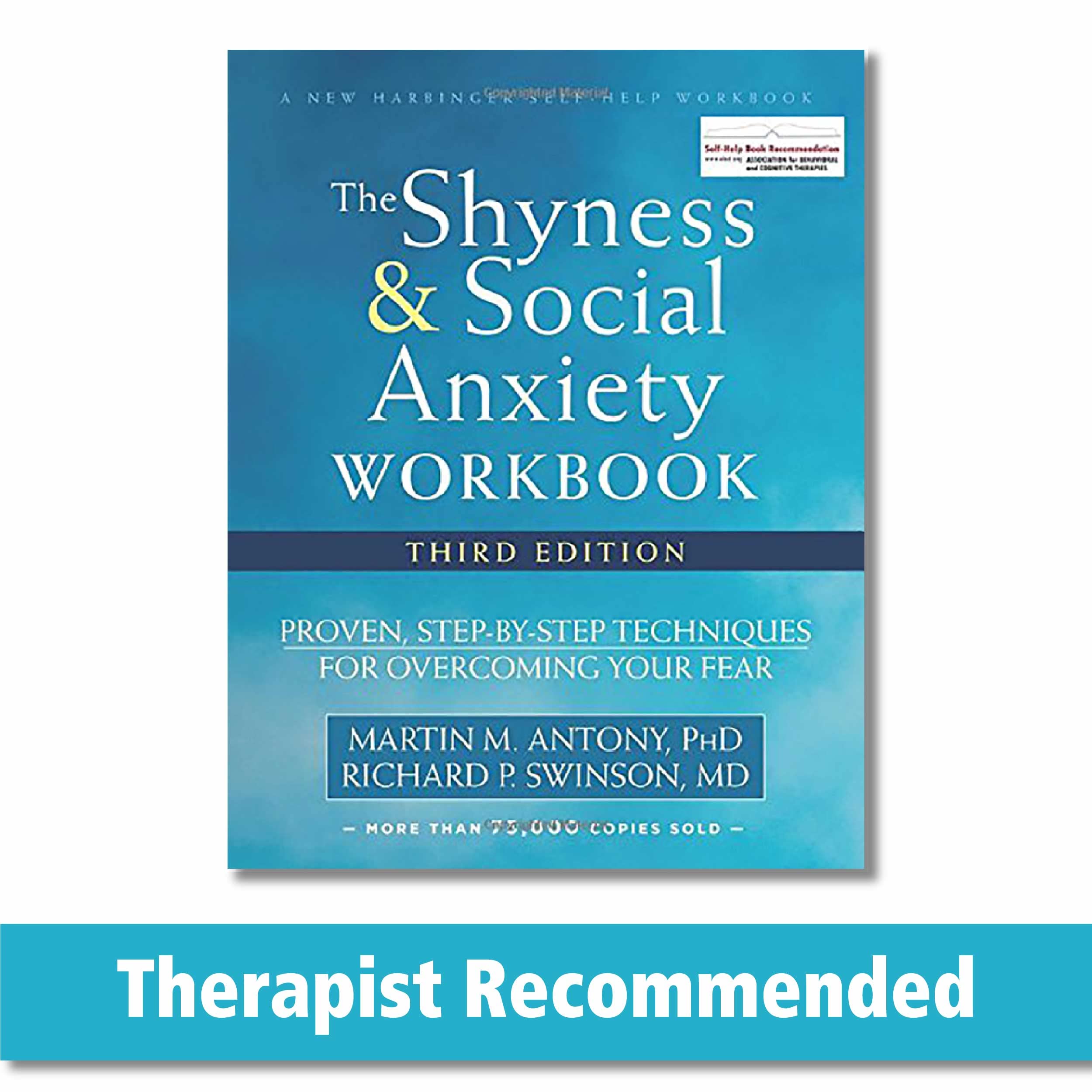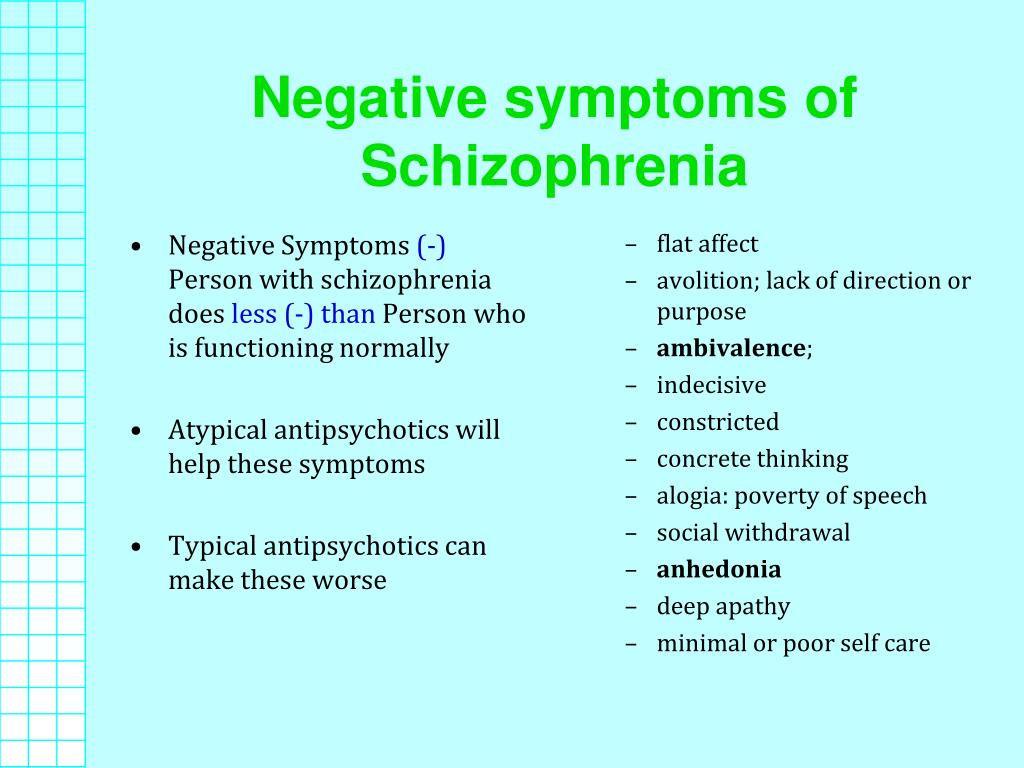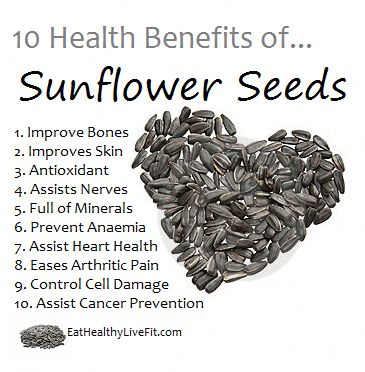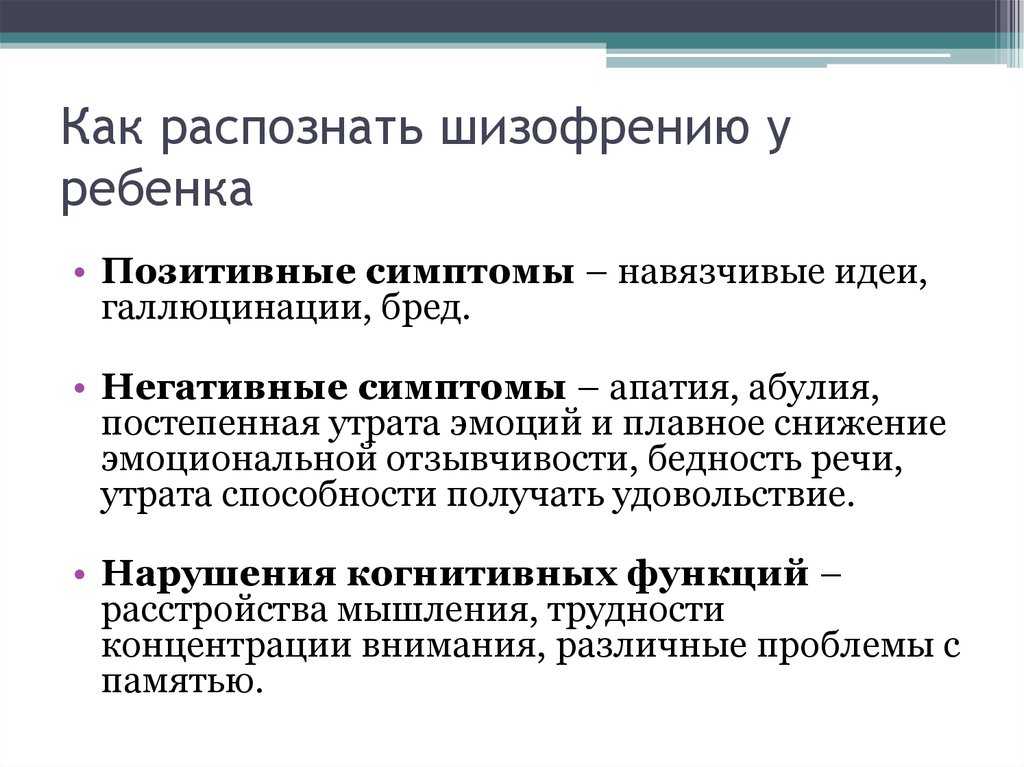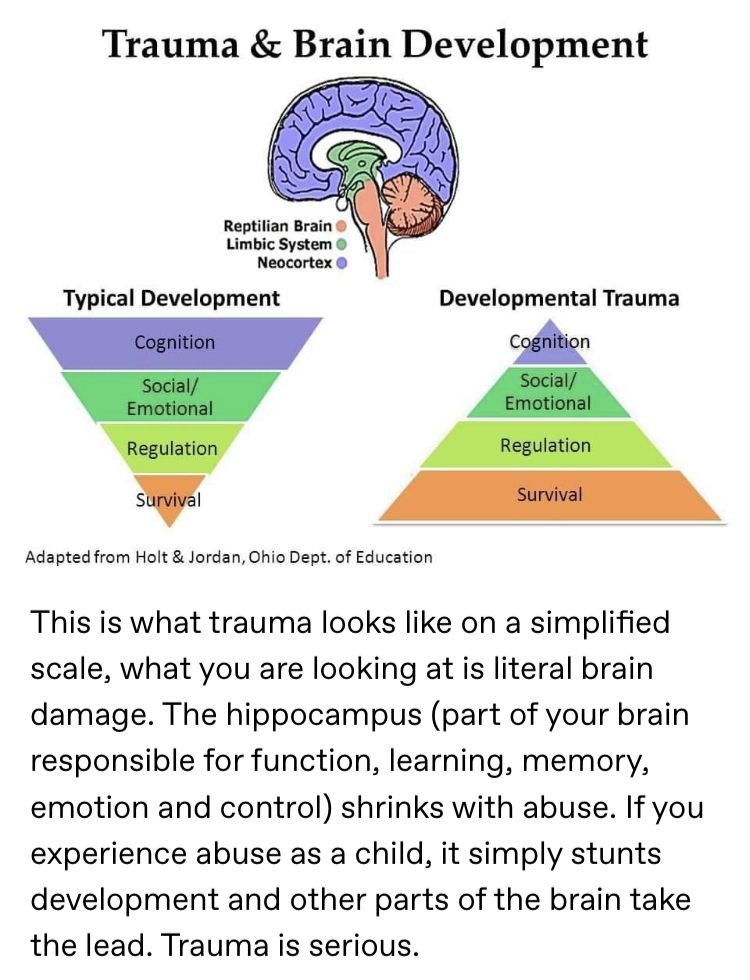Does stress cause nausea
Why It Happens and How to Stop It
Anxiety can affect your digestive system and may cause symptoms that include discomfort and nausea.
Anxiety is a response to stress, and it can cause a variety of psychological and physical symptoms.
When you feel overly anxious, you might notice that your heart rate speeds up and your breathing rate increases. And you might experience a bout of nausea.
During a moment of high anxiety, you might feel just a bit queasy. It’s that “butterflies in the stomach” feeling that you might have before giving a public presentation or going on a job interview. This kind of nausea may pass fairly quickly.
But sometimes, anxiety-related nausea can make you totally sick to your stomach. Your stomach churns so much that you have to make a dash for the bathroom. You may even reach the point of dry heaving or vomiting.
Everyone feels anxiety occasionally. It’s not abnormal and not necessarily a bad thing. But it can be problematic if you frequently feel anxiousness accompanied by nausea.
Read on as we explore anxiety-related nausea, ways to manage it, and when it’s time to see a doctor.
Anxiety can trigger your fight, flight, or freeze response. Basically, your body is preparing you to face a crisis. This is a natural reaction to a stressful situation and, when called for, can help you survive.
When you feel stressed or anxious, your body releases a rush of hormones. Neurotransmitters in the brain react by sending messages to the rest of your body to:
- get the heart pumping faster
- increase the breathing rate
- tense the muscles
- send more blood to the brain
Anxiety and stress can affect virtually every body system. This includes your cardiovascular, endocrine, musculoskeletal, nervous, reproductive, and respiratory systems.
In the digestive system, stress can cause:
- nausea, vomiting
- heartburn, acid reflux
- stomachache, gas, bloating
- diarrhea, constipation, painful spasms in the bowel
If you’re one of the 7 to 16 percent of Americans who have irritable bowel syndrome (IBS) or the 12 percent who have chronic upset stomach, feeling anxious might prompt symptoms like nausea and vomiting.
anxiety disorders that may cause nausea
- generalized anxiety disorder (GAD), also known as chronic anxiety
- panic disorder
- phobias
- post-traumatic stress disorder (PTSD)
- social anxiety disorder
If you’re having this type of response often or for no apparent reason, it can negatively affect your quality of life.
Anxiety disorders that aren’t addressed can lead to other conditions, such as depression.
The symptoms you feel due to anxiety are very real. Your body is responding to a perceived threat.
Assuming that it’s not a true emergency situation, there are some things you can do to help to control anxiety and nausea.
Coping with anxiety
When anxiety takes hold, try to focus on the present rather than stressing about what may happen later.
Consider what’s happening in the moment, and remind yourself that you’re safe and that the feeling will pass.
Take long, deep breaths.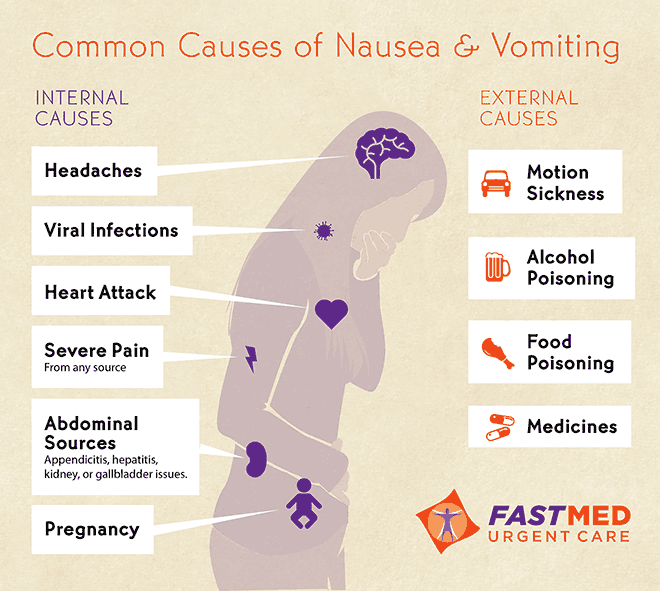 Or try to distract yourself by listening to your favorite song or counting backward from 100.
Or try to distract yourself by listening to your favorite song or counting backward from 100.
It takes time for your body to get the signal that you’re not in immediate danger, so don’t be too hard on yourself.
Ways to cope with anxietyThere are also a few things you can do to cope with anxiety in the long term, such as:
- exercising regularly
- maintaining a healthy, balanced diet
- limiting alcohol and caffeine
- getting enough sleep
- keeping up with your friends and maintaining your social network
- having a plan in place (meditation, aromatherapy, or deep breathing exercises you can use when you feel anxious)
If you have chronic anxiety, see your primary care physician for a thorough checkup. Your doctor can refer you to licensed professionals who can help determine your triggers, address your anxiety issues, and teach you how to keep it from spiraling out of control.
Coping with nausea
What to do when nausea hitsTry these when you feel nauseated:
- Eat a small amount of something dry, like plain crackers or plain bread.
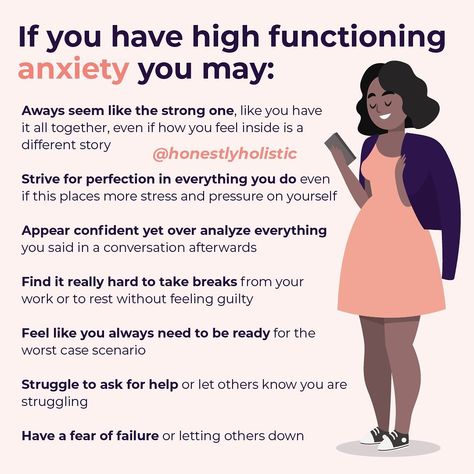
- Slowly sip water or something clear and cold.
- If you’re wearing something tight, change into clothing that doesn’t restrict your stomach.
- Try to calm yourself by taking long, deep breaths.
Avoid these things when you feel nauseated:
- fried, greasy, and sweet foods
- mixing hot and cold foods
- intense physical activity
If your nausea continues or worsens there are things you can do to help prevent or stop vomiting. If you’re vomiting:
- Drink water and other clear liquids in small sips to replenish lost fluids.
- Rest and avoid physical activity.
- Don’t eat solid food until it passes.
In the long term:
- Try to avoid heavy, greasy foods.
- Stay hydrated, but limit alcohol and caffeine.
- Eat smaller meals throughout the day rather than three big meals.
If you frequently need over-the-counter nausea medications or vomit often, talk with your doctor.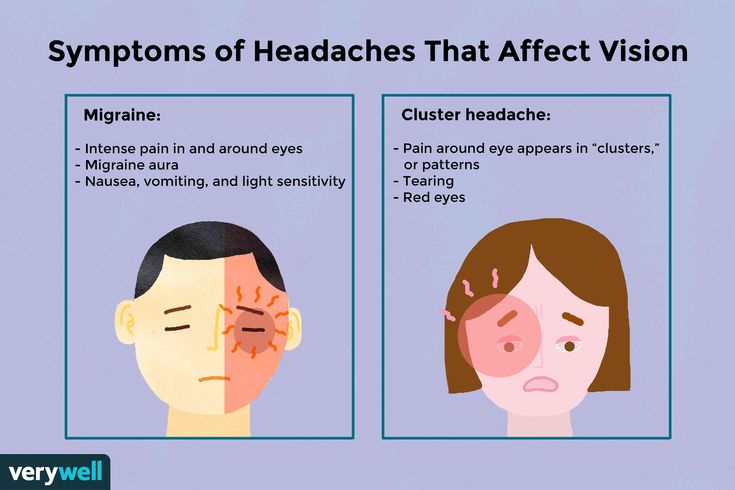
If anxiety-related nausea is interfering with your quality of life and you can’t manage it on your own, it’s time to see your doctor.
If it’s not due to a medical condition, ask for a referral to a mental health professional.
Everyone experiences stress and anxiety at some point. There are steps you can take to lower stress and deal with occasional bouts of nausea.
There is help. Anxiety, nausea, and anxiety disorders can be identified and effectively managed.
How to Cope with Anxiety: 13 Simple Tips
We include products we think are useful for our readers. If you buy through links on this page, we may earn a small commission Here’s our process.
Healthline only shows you brands and products that we stand behind.
Our team thoroughly researches and evaluates the recommendations we make on our site. To establish that the product manufacturers addressed safety and efficacy standards, we:
- Evaluate ingredients and composition: Do they have the potential to cause harm?
- Fact-check all health claims: Do they align with the current body of scientific evidence?
- Assess the brand: Does it operate with integrity and adhere to industry best practices?
We do the research so you can find trusted products for your health and wellness.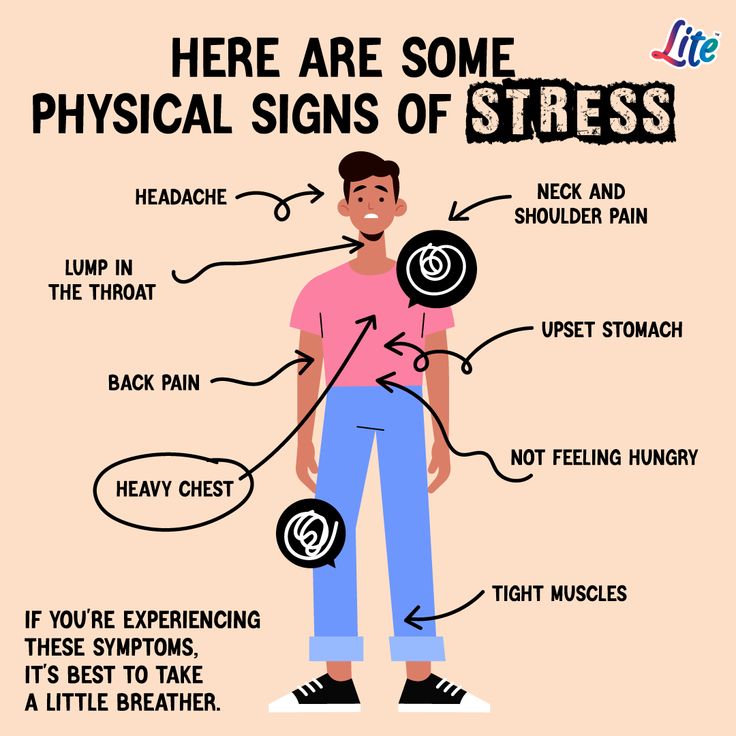
Was this helpful?
If you deal with anxiety, there are strategies you can use to avoid feeling consumed by it. Here are some quick solutions to help you address the situation immediately, as well as long-term methods to combat a recurring issue.
Know that feeling of your heart beating faster in response to a stressful situation? Or perhaps, your palms get sweaty when you’re confronted with an overwhelming task or event.
That’s anxiety — our body’s natural response to stress.
If you haven’t recognized your triggers yet, here are a few common ones: your first day at a new job, meeting your partner’s family, or giving a presentation in front of a lot of people. Everyone has different triggers, and identifying them is one of the most important steps to coping with and managing anxiety attacks.
Identifying your triggers can take some time and self-reflection. In the meantime, there are things you can do to try to help calm or quiet your anxiety from taking over.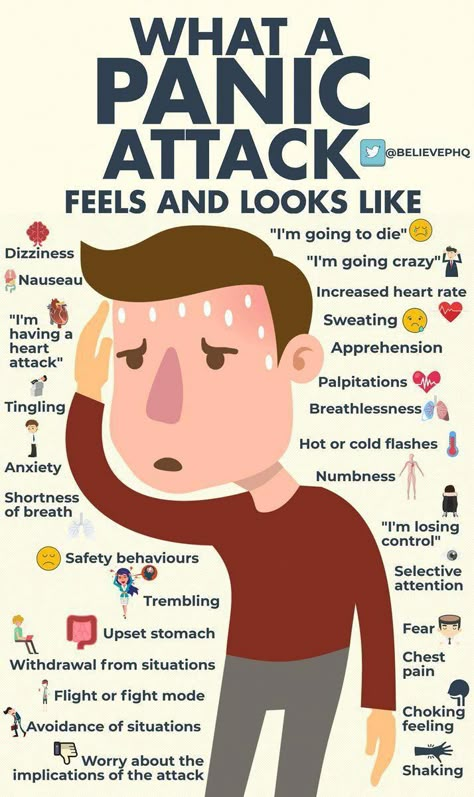
If your anxiety is sporadic and getting in the way of your focus or tasks, there are some quick natural remedies that could help you take control of the situation.
If your anxiety is focused around a situation, such as being worried about an upcoming event, you may notice the symptoms are short-lived and usually subside after the anticipated event takes place.
1. Question your thought pattern
Negative thoughts can take root in your mind and distort the severity of the situation. One way is to challenge your fears, ask if they’re true, and see where you can take back control.
2. Practice focused, deep breathing
Try breathing in for 4 counts and breathing out for 4 counts for 5 minutes total. By evening out your breath, you’ll slow your heart rate which should help calm you down.
The 4-7-8 technique is also known to help anxiety.
3. Use aromatherapy
Whether they’re in essential oil form, incense, or a candle, natural scents like lavender, chamomile, and sandalwood can be very soothing.
Aromatherapy is thought to help activate certain receptors in your brain, potentially easing anxiety.
4. Go for a walk or do 15 minutes of yoga
Sometimes, the best way to stop anxious thoughts is to walk away from the situation. Taking some time to focus on your body and not your mind may help relieve your anxiety.
Getting some quick exercise can help boost your mood and calm your mind.
5. Write down your thoughts
Writing down what’s making you anxious gets it out of your head and can make it less daunting.
These relaxation tricks are particularly helpful for those who experience anxiety sporadically. They may also work well with someone who has generalized anxiety disorder (GAD) when they’re in a bind!
However, if you suspect you have GAD, quick coping methods shouldn’t be the only kind of treatment you employ. You’ll want to find long-term strategies to help lessen the severity of symptoms and even prevent them from happening.
If anxiety is a regular part of your life, it’s important to find treatment strategies to help you keep it in check.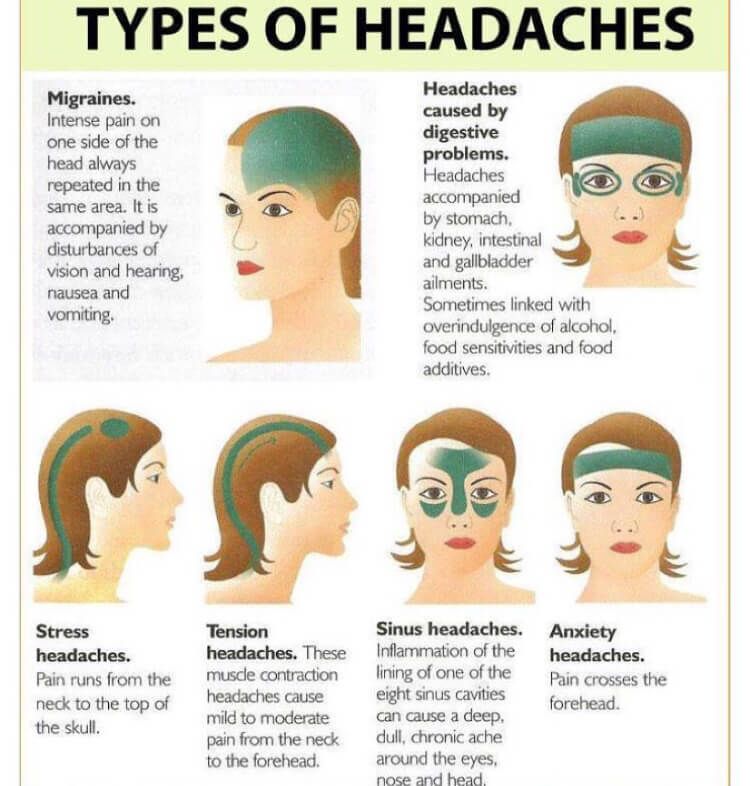 It might be a combination of things, like talk therapy and meditation, or it might just be a matter of cutting out or resolving your anxiety trigger.
It might be a combination of things, like talk therapy and meditation, or it might just be a matter of cutting out or resolving your anxiety trigger.
If you’re not sure where to start, it’s always helpful to discuss options with a mental health professional who might suggest something you hadn’t thought of before.
1. Identify and learn to manage your triggers
You can identify triggers on your own or with a therapist. Sometimes they can be obvious, like caffeine, drinking alcohol, or smoking. Other times they can be less obvious.
Long-term problems, such as financial or work-related situations, may take some time to figure out — is it a due date, a person, or the situation? This may take some extra support, through therapy or with friends.
When you do figure out your trigger, you should try to limit your exposure if you can. If you can’t limit it — like if it’s due to a stressful work environment that you can’t currently change — using other coping techniques may help.
Some general triggers
- a stressful job or work environment
- driving or traveling
- genetics — anxiety could run in your family
- withdrawal from drugs or certain medications
- side effects of certain medications
- trauma
- phobias, such as agoraphobia (fear of crowded or open spaces) and claustrophobia (fear of small spaces)
- some chronic illnesses like heart disease, diabetes, or asthma
- chronic pain
- having another mental illness such as depression
- caffeine
2. Adopt cognitive behavioral therapy (CBT)
CBT helps people learn different ways of thinking about and reacting to anxiety-causing situations. A therapist can help you develop ways to change negative thought patterns and behaviors before they spiral.
3. Do a daily or routine meditation
While this takes some practice to do successfully, mindful meditation, when done regularly, can eventually help you train your brain to dismiss anxious thoughts when they arise.
If sitting still and concentrating is difficult, try starting with yoga, or walking meditation. There are many free guided meditations on apps like InsightTimer that can help you get started.
4. Keep a journal
It can be helpful to create a habit of writing down your thoughts and emotions in a journal each day. The process of writing down thoughts itself can be calming for some.
However, it can also help you keep track of when you experience anxiety, how it makes you feel, and what sort of things trigger it.
5. Socialize
Although each person is different, and some people experience social anxiety, spending time with friends and family on a regular basis may help you manage your anxiety.
Socialization can help relieve stress, encourage feelings of laughter and togetherness, and decrease loneliness. Research has shown that social connectedness can help you become more resilient to stress in the long run.
6. Try supplements or change your diet
Changing your diet or taking supplements is definitely a long-term strategy. Research shows certain supplements or nutrients can help anxiety reduction.
Research shows certain supplements or nutrients can help anxiety reduction.
These include:
- lemon balm
- omega-3 fatty acids
- ashwagandha
- green tea
- valerian root
- kava kava
However, it can take a few months before your body is actually running on the nutrition these herbs and foods provide. If you’re taking other medications, make sure to discuss herbal remedies with your doctor as there can be adverse reactions.
7. Keep your body and mind healthy
Exercising regularly, eating balanced meals, getting enough sleep, and staying connected to people who care about you are great ways to stave off anxiety symptoms.
8. Ask your doctor about medications
If your anxiety is severe enough that your mental health practitioner believes you’d benefit from medication, there are a number of directions to go, depending on your symptoms. Discuss your concerns with your doctor.
Identifying what sort of anxiety you’re dealing with can be somewhat challenging because how one’s body reacts to perceived danger can be entirely different compared to another person.
It’s likely you heard anxiety as a blanket term for that general feeling of worry, nervousness, or unease. It’s often a feeling in response to an upcoming event that has an uncertain outcome.
Every person deals with it at one time or another, because it’s part of our brain’s response to a perceived danger — even if that danger isn’t real.
That said, there are times anxiety can get serious and turn into anxiety attacks that initially feel manageable and then gradually build up over a few hours. (This is different from a panic attack, which is out of the blue and subsides.)
Signs of an anxiety attack
These are some of the more common mental and physical symptoms of anxiety:
- feelings of danger, panic, or dread
- nervousness or restlessness
- rapid heart rate
- sweating
- trembling or chills
- tiredness or weakness
- gastrointestinal problems
- difficulty focusing
- hyperventilation
It’s also possible to experience an anxiety and panic attack simultaneously. The quick coping strategies mentioned above may also help with a panic attack.
The quick coping strategies mentioned above may also help with a panic attack.
Other mindful strategies to cope with panic attacks include focusing on an object, repeating a mantra, closing your eyes, and going to your “happy” place.
Symptoms of a panic attack
- fear of dying
- feeling like you’re losing control
- a sense of detachment
- heart palpitations
- shortness of breath
- chest pains or tightness
- nausea
- feeling lightheaded or dizzy
- numbness or tingling in your extremities
- feeling hot or cold
If you notice that quick tips haven’t been working, you may want to consider seeing a professional for help. Especially if you believe you have GAD and it’s interfering with routine activities and causing physical symptoms.
A mental health professional can help with streamlining the process of identifying your triggers, maintaining long-term strategies through behavioral therapy, medications, and more.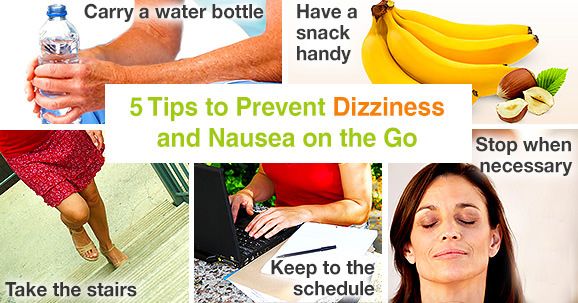
Anxiety may always be a part of your life, but it shouldn’t overtake your day-to-day. Even the most extreme anxiety disorders can be treated so that the symptoms aren’t overwhelming.
Once you find what treatment works best for you, life should be a lot more enjoyable and a lot less daunting.
Read this article in Spanish.
5 Physical Symptoms of Stress You Shouldn't Ignore
- Health
Everyone experiences stress sometimes, but when it gets too much, it can manifest itself as a real physical ailment. What signs of severe stress can not be ignored?
November 20, 20214
- Source:
- Getty Images
Thoughts in the head are disturbing, anxiety has increased, the mood is depressed, there is no strength - this is how we feel when we are stressed. But it's good when difficulties and problems are quickly resolved and everything returns to normal.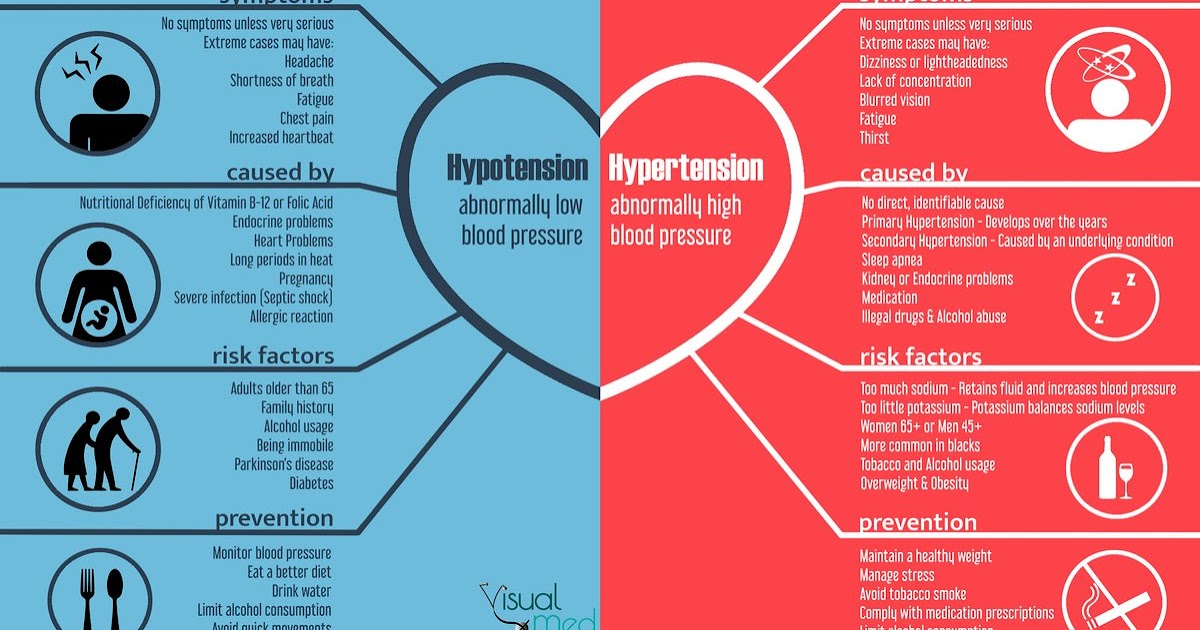
But what happens to the body if the stressful situation does not end for a long time? Then stress can manifest itself in the form of physical symptoms. And this can exacerbate anxiety and lead to even more stress and even depression. Therefore, it is extremely important to break this "vicious circle" - to recognize the signs of stress in time and do everything possible to cope with it.
Read also
Five physical symptoms of stress
1. Pimples and eczema
The hormone cortisol is produced by the adrenal glands when stressed so that the body can cope with it. If this hormone is produced for a long time, then inflammation may appear on the skin, skin diseases will worsen - acne, eczema and psoriasis.
So don't forget your daily skincare routine, which often takes a backseat in times of stress. Experts recommend following a daily skin care regimen, avoiding excess makeup, and eating a healthy diet of fruits and vegetables, healthy fats, and proteins like fish to control blood sugar levels and improve skin health.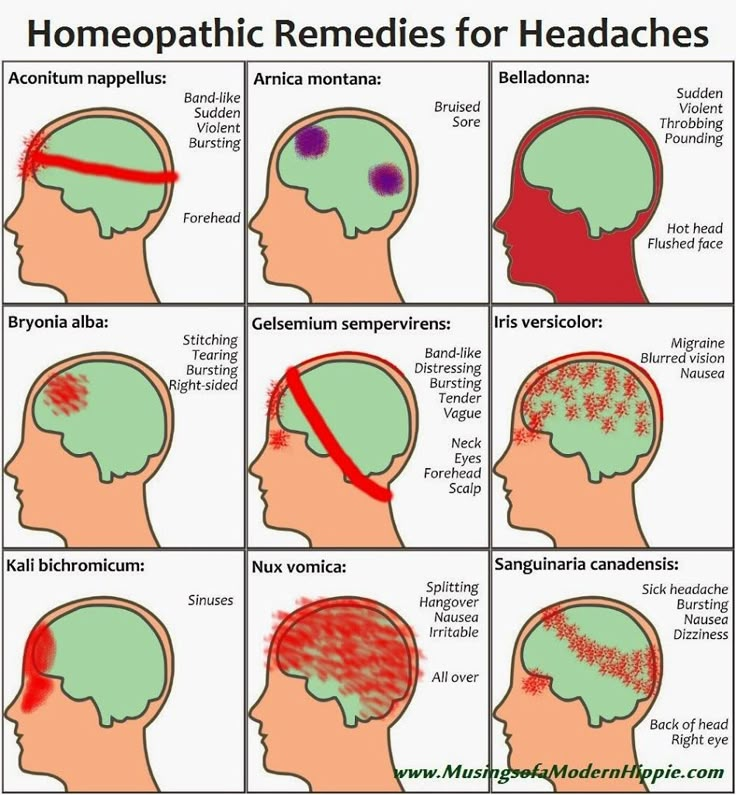
Read also
2. Chronic pain and tension headache
If stress attacked you seriously, it can reach a state where everything hurts all the time - so that you don’t even have the strength to stand up. The pain is often similar to arthritis (but according to the analyzes everything will be normal), “drilling” the forehead - as with a migraine, it can “press” the back of the head, temples - as with a tension headache.
To cope with stress and prevent it from getting out of control, it is necessary to get enough sleep, stick to the work schedule, and not overload yourself with unnecessary things.
Keep in mind that stimulants like watching TV shows at night, alcohol, heavy meals and nicotine can interfere with sleep. Caffeine does “work” even 6 hours after drinking it, so it’s better to give up afternoon coffee.
- Pills, physiotherapy, self-massages, rugs with needles, collars, gymnastics, exercises are suitable to remove tension headaches, but there is simply no one universal magic pill, says neurologist Valery Chernenko.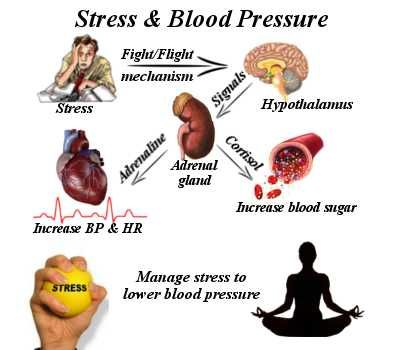
And only a doctor can suggest a suitable treatment.
3. Problems with the stomach and intestines
There is a term "bear disease". It often overtakes those who are under stress - when, against the background of strong emotional excitement, a person experiences an irresistible desire to empty the intestines.
Our gut is a sensitive organ that reacts to hormonal imbalances, stress, and many physical and mental conditions, causing pain, bloating, and sometimes more severe discomfort.
- The results of one study show that stress affects the composition of the intestinal microbiome with the same intensity as, for example, a diet high in fatty foods, which is not very good for health and intestinal bacteria in particular, - explained the diagnostician , head of the medical department of the federal network of medical laboratories KDL Olga Malinovskaya.
Another common problem that can be exacerbated by prolonged stress is acid reflux (GERD). This is a condition in which acid normally found in the stomach backs up into the esophagus. There are heartburn, pain in the sternum, sour belching, nausea, discomfort after eating.
There are heartburn, pain in the sternum, sour belching, nausea, discomfort after eating.
Other signs of prolonged stress can be gum disease and mouth ulcers.
See also
4. Change in weight
Elevated levels of cortisol prevent our body from breaking down fat. Because of this, extra pounds go away with difficulty and it becomes more difficult to maintain weight, and often it even begins to grow.
The fact is that chronic stress can make us eat more - seek solace in delicious food. On the other hand, it also happens that some people find that their appetite decreases when stressed. This may be due to an increased level of adrenaline or, as an option, developed depression.
5. Decreased immunity
People suffering from chronic stress may experience damage to their immune system. One after another, infectious diseases can “fall in” - colds, SARS, flu, and even covid.
- Against the backdrop of difficulties at work, the presence of prolonged and severe stress or a negative emotional situation in the family, it is quite easy to get sick, - said the general practitioner, gastroenterologist Alexei Tsys. “According to scientists, prolonged stress weakens the response of the immune system. Stress reduces the number of white blood cells in the body that help fight infection. The lower their level, the higher the risk of infection with viruses.
“According to scientists, prolonged stress weakens the response of the immune system. Stress reduces the number of white blood cells in the body that help fight infection. The lower their level, the higher the risk of infection with viruses.
If you feel that your symptoms are not improving with lifestyle changes, consult with your physician to better understand what is causing your stress and how you can manage it.
How to cope with stress
In fact, stress is the body's universal reaction to any change, internal or external. In small doses, it is even useful - it creates energy so that we can easily achieve our goals, or resist threats: fight, change reality, adapt or run away from danger. This mechanism has evolved over thousands of years, helping our species survive in complex, changing conditions.
But when stress has lingered on, made you feel unwell and interferes with your daily activities, you need to deal with it.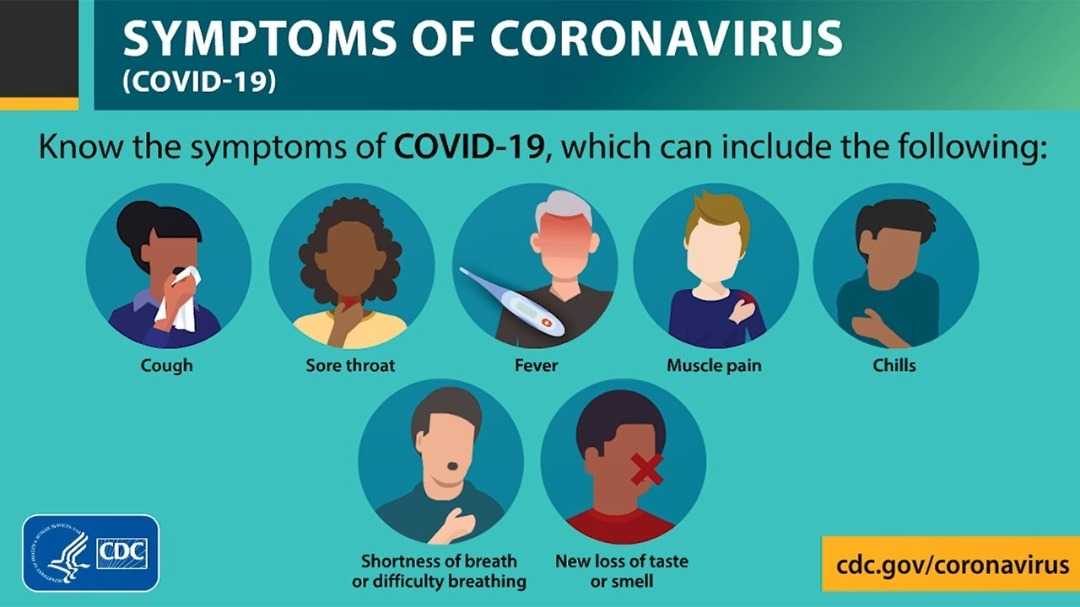
1. Be active
Although exercise cannot completely relieve or prevent stress, it can help reduce emotional stress. A simple walk, bike ride, or swimming can boost serotonin levels, elevate your mood, clear your mind, and allow you to focus on the things that matter most in life.
2. Use breathing techniques
Sometimes, in a difficult situation, our breathing can change and become faster. Therefore, it is extremely important to maintain control over it. This will help restore peace of mind.
Simple technique - inhale through the nose and exhale through the mouth, continuously counting from 1 to 5 as you inhale and exhale. Repeat for 3-5 minutes.
3. Avoid bad habits
Do not rely on caffeine, alcohol or smoking to manage stress. Excess caffeine will make you suffer from insomnia and make the condition even more overwhelmed. Alcohol seems to relieve stress. But in fact, this is just a kind of crutch that provides temporary relief, but can cause even more serious problems in the future.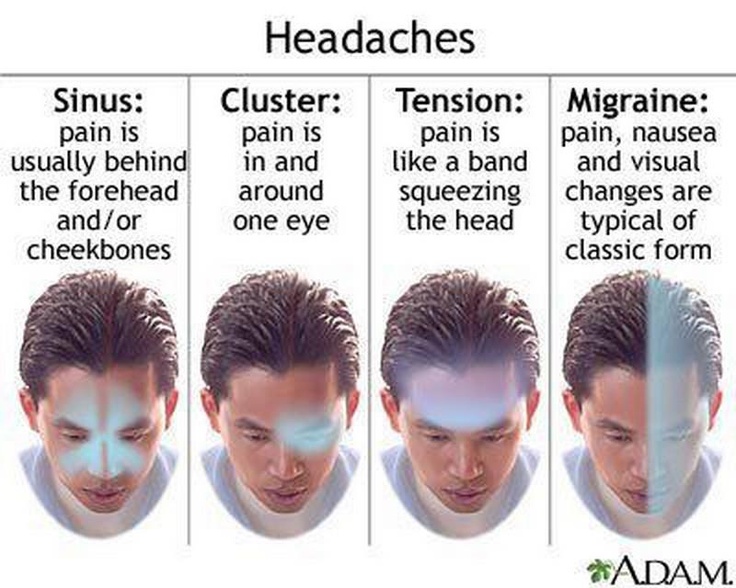
4. Plan ahead
Feeling out of control is a common cause of stress. But in most cases, everything can be at least a little, but structured. Make a to-do list by priority - “urgent and important”, “not urgent but important”, “urgent but not important”, “not urgent and not important”.
In this way, you will not try to do everything at once, but will get a clear understanding of which tasks need to be completed now and which will wait.
Text author:Anna Maiskaya
8 strange symptoms of stress - KP.RU
Komsomolskaya Pravda
Search results : from nausea to skin rash
Our body sends us S.O.S. signals that we shouldn't ignore.
1. Muscle pain
Neck pain that you attribute to long computer work may actually be a sign of stress. “Stress certainly affects our musculoskeletal system, manifesting itself as pain or muscle spasms,” explains psychologist and physiotherapist Elisabeth Lombardo. “It prepares us for the conditions of survival that our ancestors needed. But, nevertheless, unlike them, today our body does not need such a reaction.
“It prepares us for the conditions of survival that our ancestors needed. But, nevertheless, unlike them, today our body does not need such a reaction.
2. Eye nerve irritation
Have you ever felt the muscles of the eye contract involuntarily, causing it to twitch slightly? If this happens often enough, it causes anxiety and discomfort, and in some cases, it is a symptom of stress. “This condition is known as tonic blepharospasm,” says Debbie Mandel, a wellness expert. "Constantly give your eyes a rest. While working on the computer every 20 minutes, take a break and look at the landscape outside the window, if there is none, just close your eyes and imagine walking in the park." Watch the news on TV less, information that causes negative emotions is especially harmful.
3. Sloppy nails and cuticles
Do your cuticles or nails look messy, ragged? This condition may be the result of a nervous habit caused by stress.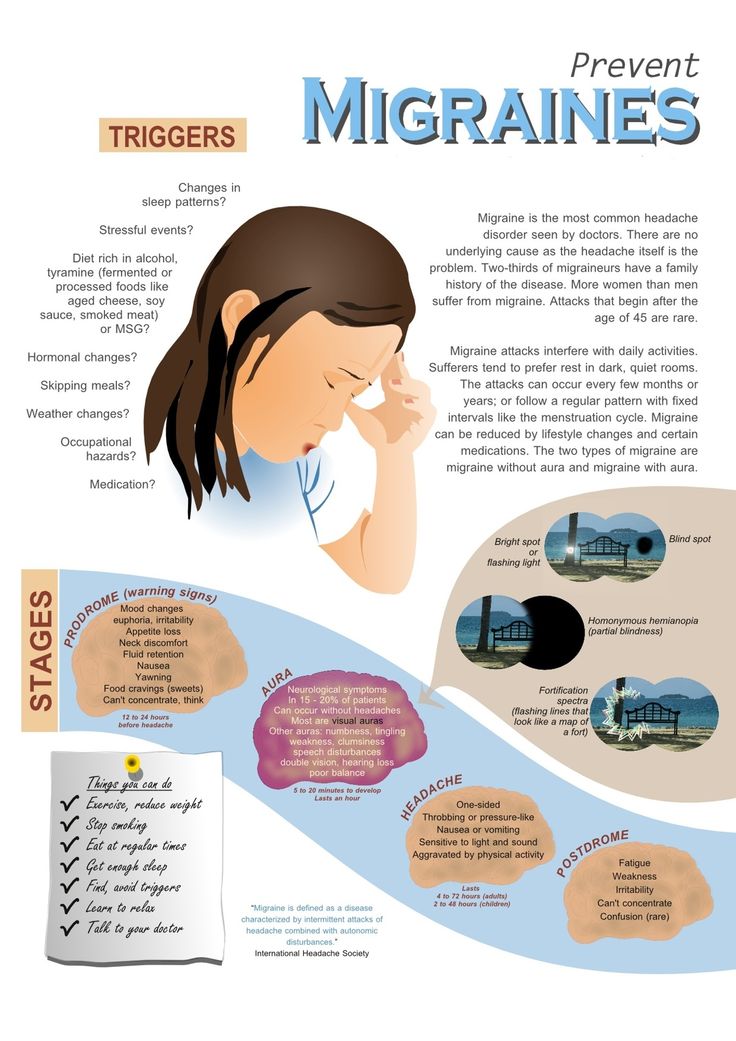 “Nervous habits like nail biting are exactly what we do to distract ourselves from stressful thoughts,” says Mandel. She also claims that in this way many women “chew stress”. If this is how you calm down, then try to always keep an object at hand, like a soft ball, which you can hold in your hand during periods of stress, for example, during a conversation with a difficult client. Such a substitution allows you to “squeeze stress out of the body”.
“Nervous habits like nail biting are exactly what we do to distract ourselves from stressful thoughts,” says Mandel. She also claims that in this way many women “chew stress”. If this is how you calm down, then try to always keep an object at hand, like a soft ball, which you can hold in your hand during periods of stress, for example, during a conversation with a difficult client. Such a substitution allows you to “squeeze stress out of the body”.
4. Caries
We all know that neglect of oral hygiene is the first step on the road to caries, but according to experts, stress can also cause the development of the disease, especially if you have such a habit as grinding one's teeth. The problem is that this bad habit damages the teeth, making them more susceptible to cavities. Mendel suggests redirecting your anxieties to paper and pen. “Take the time to write down all your problems on paper, analyze them objectively, and then write a list of the solutions you see,” she added.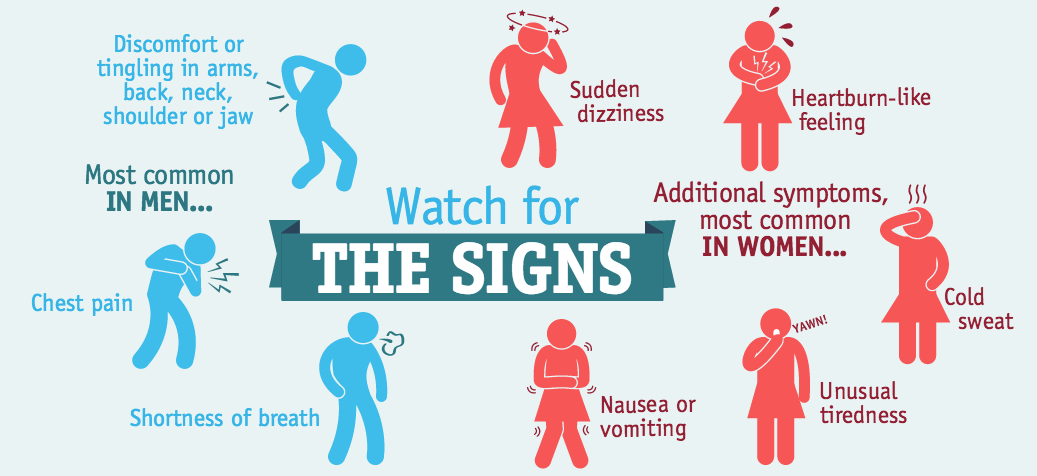
5. Rash
It sounds weird, but your skin can be a very good indicator of stress levels. “Stress can cause redness, usually red patches or rashes on the abdomen, back, arms, or face,” notes Lombardo. “While we don’t know the exact reasons for what is happening, but some experts believe that this is how our immune system reacts to stress: histamine is released, as a result of which the body begins to itch.”
6. Nausea
Stress can upset the stomach, and nausea is nothing more than a side effect. If you're worried about nausea, try this trick that Mandel claims will work: When you're feeling sick again, run your hands under running warm water.
7. Drowsiness
Feeling lethargic? Stress can be the culprit. “The stress hormone causes our body to produce an excessive amount of adrenaline, which eventually leads to drowsiness,” says Mandel.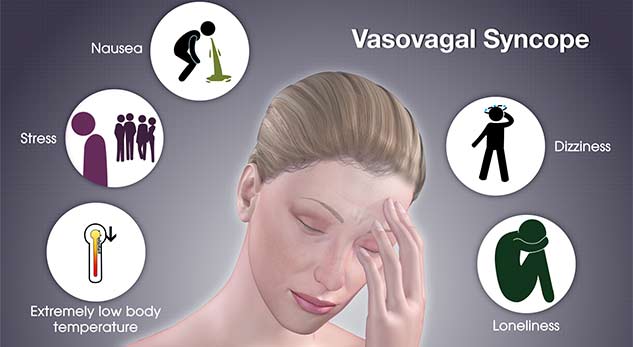 “Stress also invariably affects the quality of sleep, so often a person wakes up tired and irritated.” To solve this problem, she suggests going to bed earlier or setting aside half an hour in the afternoon for sleep. In addition, you should pay special attention to your health and try to lead a healthy lifestyle as much as possible.
“Stress also invariably affects the quality of sleep, so often a person wakes up tired and irritated.” To solve this problem, she suggests going to bed earlier or setting aside half an hour in the afternoon for sleep. In addition, you should pay special attention to your health and try to lead a healthy lifestyle as much as possible.
8. Forgetfulness
Research shows that chronic stress literally shrinks the size of the hippocampus, the part of the brain responsible for storing memories. But, fortunately, its size returns to normal as soon as the stress level decreases. Lombardo advises to devote more time to physical activity to maintain the functioning of the brain at an optimal level. This will help you be more prepared for future stressful moments.
Advertising
Age category of the site 18+
Online publication (website) registered by Roskomnadzor, certificate El No. FS77-80505 dated March 15, 2021
EDITOR-IN-CHIEF OF THE SITE - KANSK VICTOR FYODOROVICH.

